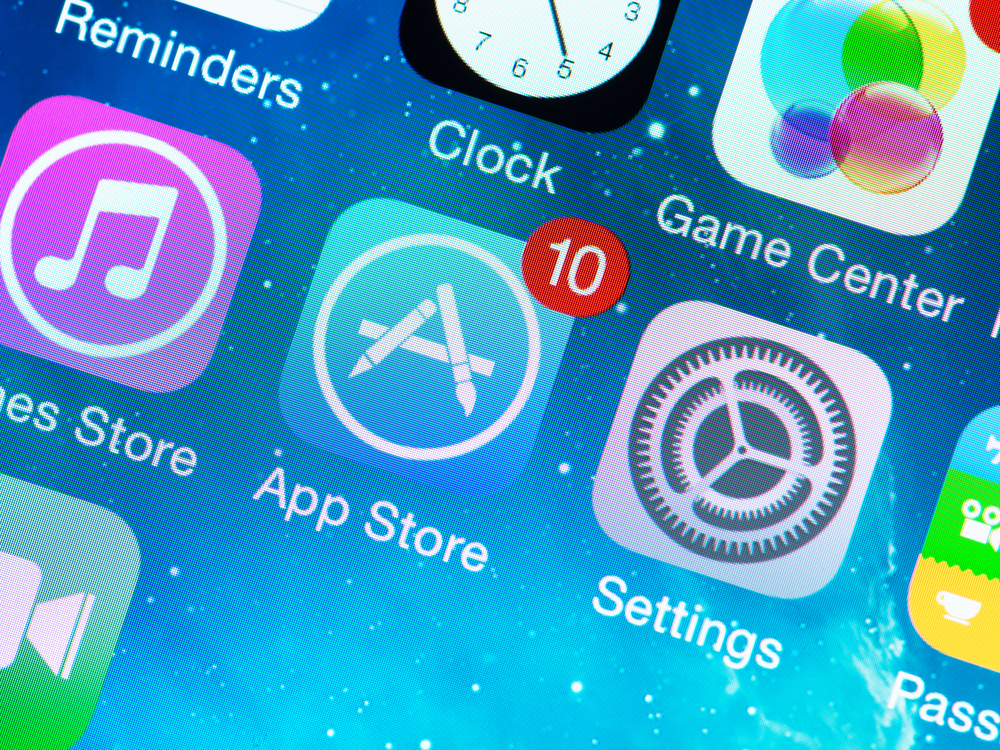

Apple has revealed a long awaited shakeup of its App Store in a move designed to ease developer concerns and boost revenue amid stalling sales of its iPhones and iPads.
The major change is to do with a new revenue-sharing model with app developers, which may ease developer concerns at the commission Apple demands for every app on its App Store.
The changes were revealed in The Verge’s interview with Apple’s senior vice president of worldwide marketing Phil Schiller, ahead of Apple’s annual Worldwide Developers’ Conference (WWDC).
Apple also detailed the App Store changes on its website.
Until now, Apple kept 30 percent of all money generated from an app on the App Store. And that will still be the case, but now Apple has introduced a new revenue-sharing model.
Developers instead of getting 70 percent of revenue, will able to keep keep 85 percent of revenue, once a subscriber has been paying for a year. Apple will get the remaining 15 percent.
Until now, it was only news apps that were allowed to utilise the subscription-based business model.
And Apple is breaking with tradition and will start to show search ads for apps in its iOS App Store search results for the first time.
“We’ve thought about how to carefully do it in a way that, first and foremost, customers will be happy with,” Schiller reportedly said.
He told The Verge that he believes the ad auction system in App Store search will be “fair to developers, and fair for indie developers, too,” as Apple will only accept adverts from developers in the App Store, and all adverts will be handled through an auction system with no minimums and no exclusives.
The other major change concerns the lengthy vetting process that it takes to get an app onto the App Store. Schiller admitted that half of the apps submitted to Apple are now reviewed in the first 24 hours and that 90 percent are reviewed within 2 days.
The App Store was launched way back in 2008 and is now a major revenue generator for Apple, which is contending with stalling sales of both its iPad and iPhone devices.
And there have also been a number of complaints and niggles from the developer community as well.
These complaints centre on the 30 percent commission Apple demands (Google charges the same by the way), as well as the sheer number of apps on the App Store, which means it is very difficult to get noticed.
There are reportedly 1.9 million apps on the App Store, but many apps struggle to achieve notable downloads from the Apple customer base. Matters are not helped by the fact that 14,000 new apps arrive each week.
Developers have also complained that the App Store seems to favour big name developers and media brands, and not the small indie app developer. Apple has also been criticised for having a too slow vetting process for its App Store.
Whether these changes will ease developer concerns going forward remains to be seen.
How well do you know Apple? Take our quiz!
Elon Musk sells social media platform X to his AI start-up xAI in a move…
TikTok opens e-commerce shopping in Germany, France, Italy as US future remains uncertain over divest-or-ban…
Discover expert insights on overcoming digital transformation challenges. Learn how to manage change, balance innovation,…
Microsoft drops data centre projects amounting to 2 gigawatts of power consumption as investors question…
SMIC sees revenues rise 27 percent for 2024, but profits fall nearly 50 percent amidst…
Google reassures developers Android to remain open source as it brings development entirely in-house, reduces…